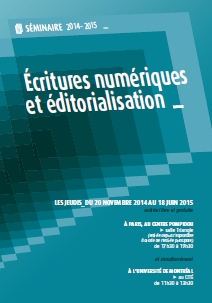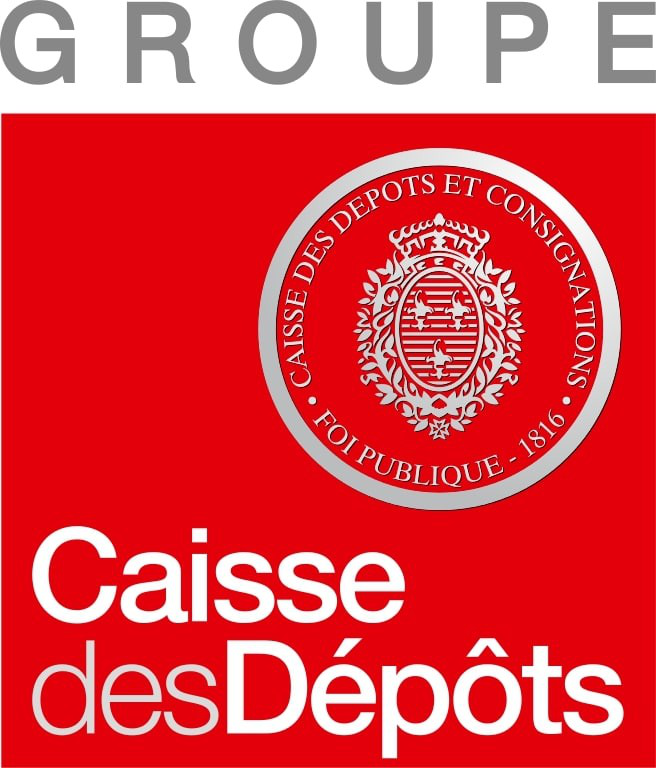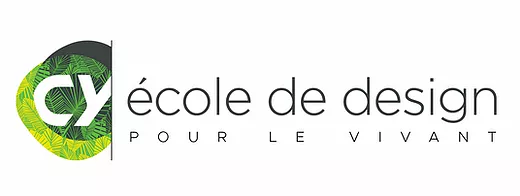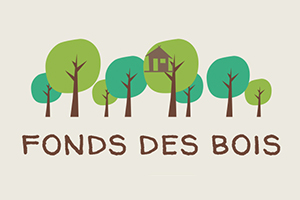Digital writings and editorialisation
Published : Seminars |
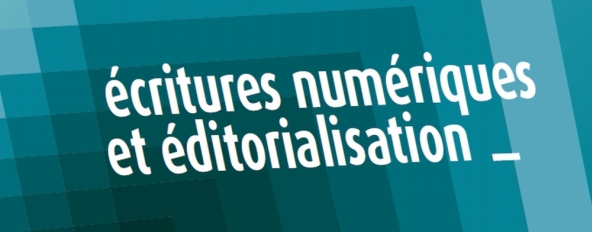
Abstract
Created at the INHA in 2009, the Sens public seminar, supported by the MSH Paris-Nord, displays new practices of editorialization and questions the principles, advantages and limits of the evolutions of digital editorialization.
Today, the seminar is organized by the IRI, the University of Montreal and Sens Public. It takes place in duplex between Paris and Montreal, with crossed lectures on either side of the Atlantic.
The sessions take place each month in Paris in the “Salle Triangle” near the Centre Pompidou from 5:30 pm to 7:30 pm, and in Montreal from 11:30 am to 1:30 pm in the University of Montreal. The entrance is free on registration.
- Access cycle 2014-2015 from the tab 2014-2015
- Flyer (pdf)
- Video archives of the seminar
- Officiel website of the seminar on Sens-public.org.
Seminar 2014-2015: Practices of research and of production of knowledge
Program
Editorialization is a complex process resulting from interactions between contents (or resources), a technical environment (networks, servers, platforms, CMS, algorithms of the search engines), structures and formats (hypertext, multimedia, metadata) and practices (annotation, comments, recommendations via social networks). This digital contents process of organization is inherently open and dynamic.
Thursday, November 20, 2014: opening session. Between blog and scholar review: hybridization of research practices.
This hybridization of practices we have recently witnessed seems to open research and researchers’ community to new forms of production of knowledge, which upset the classical process of legitimation and certification of knowledge.
Lecturers
– Benoît Mélançon : Full Professor at the Department of French language literatures in the University of Montreal
– Joëlle Le Marec : Professor in sciences of information and communication at the CERILAC (Center of Research on Literature, Arts and Cinam) of the University Paris-Diderot
– Celya Gruson-Daniel : Co-founder of the association HackYourPhD, and research engineer in charge of the MOOCs at the Center Virchow-Villermé.
Watch the video on Polemictweet
Thursday, January 22, 2015 : Resources and documentation for research
This session will exceptionally take place at the University Paris Ouest La Défense, to close the symposium on scholar reading devices.
Thursday, February 12, 2015 : Policy of archiving and impact of formats
These recent digital archives have naturally been adopted by the researchers’ uses and works. Today, it is possible to measure the impact of these digitalizations and archiving formats, which sometimes have fit into the very structure of archives some explicit assumptions about the conceptualization of heritage. In addition to the format of data, the archives editorialization devices deeply determine the accessibility to resources and eventually the researcher’s work.
We will try, relying on several concrete examples, to explore these tensions between the resource and its appropriation, as well as the researchers’ strategies to circumvent or ignore the archives formatting modes.
Thursday, March 12, 2015 : Enlargement of scientific communities
Thursday, April 23, 2015: Faire oeuvre at the digital age
In the same way, the researchers themselves integrate logics of sharing and co-elaboration of results which do not promote the achieving of an own work, potentially highlighted as such by an individual. The researcher rather introduces and defines himself through the aggregation of his activities, participations and collaborations, often published or communicated as a work-in-progress escaping scientific validation.
In this context, what about the concept of work conceived as an individual’s – or a group of researchers’ – coherent production? How to think the notions of “plagiarism”, “replica” or “originality”? What are the new vectors of recognition allowing despite everything to make a work (“faire oeuvre”)?
Thursday, June 18, 2015: Workshop
An editorialization, as a device of shaping and structuration of content, is not limited to a close and delimitated context (e.g. a review), nor to a predefined group of actors (publishers). On the contrary, it implies an opening in terms of space (multiplicity of platforms) and time (several actors on multiple temporalities). This opening is one of the main differences between edition and editorialization. If edition, as it has been known from the 18th century to nowadays, has been the main device of production and organization of knowledge, now its function is progressively upset and renewed by editorialization, which deeply transforms the modes of circulation and appropriation of ideas.
In this context: what becomes the activity of research – which has precisely based its regime of truth on edition and publication? How do digital practices modify research – the activity of production of knowledge par excellence? This is the question the seminar of this year will try to answer, through a reflection of the different aspects of research – including in the field of human and social sciences – impacted by the new forms of editorialization. We propose an analysis of these new models of research, starting from the forms of publication that have emerged since the birth of the web – such as blogs –, passing by the researchers’practices of watch and collection of information, the questions of archiving and the problem of the content legitimation.
The seminar is carried out in collaboration by the review Sens Public, the IRI and the University of Montreal, supported by the MSH Paris-Nord. It has been created in 2009 in partnership with the laboratory Invisu (INHA- CNRS).
Each session gathers between two and four lecturers, in duplex in Paris and Montreal.
The sessions take place on November 20, 2014, January 22, February 12, March 12, April 16 and June 18, 2015, in videoconference between the University of Montreal and the Salle Triangle of the Centre Pompidou in Paris.
All video archives are available on the platform Polemictweet.com.

 in english
in english en français
en français